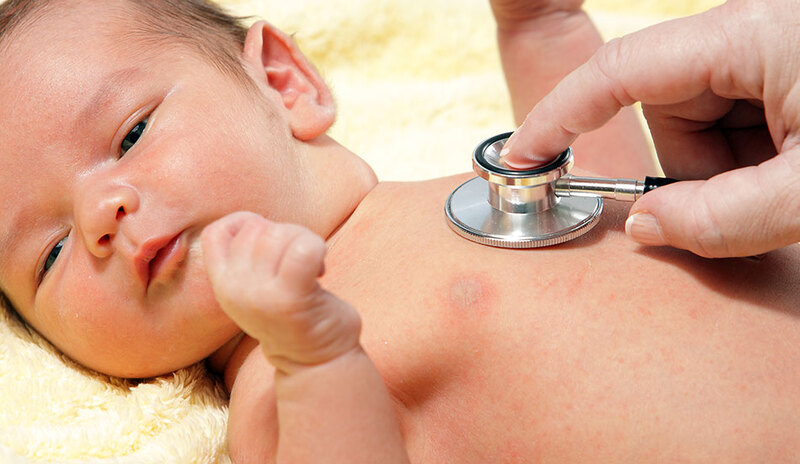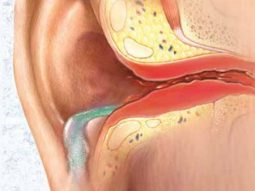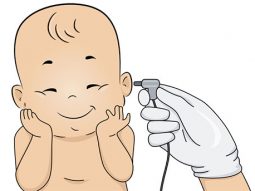What is congenital heart disease?
Congenital Heart Disease (CHD) is the most common birth defect. Approximately eight of every 1,000 newborns born have a form of CHD. Some forms of CHD cause no or very few problems in the health, growth, and development of the newborn. However, critical CHD can bring a significant risk of morbidity and mortality if not diagnosed soon after birth.
Failing to detect critical CHD while in the newborn may lead to serious events such as cardiogenic shock or death. Survivors are at greater risk of neurologic injury and subsequent developmental delay.
What is pulse oximetry?
Pulse oximetry is a simple, quick, non-invasive and painless test that is used to measure oxygen saturation in the blood. Newborns with critical CHD may have low levels of oxygen in their blood.
Who should be screened?
Most babies born with critical CHD appear healthy at first; therefore all newborns should be screened.
When should screening be performed?
Pulse oximetry screening should be performed before discharge from the Maternity ward, after the newborn turns 24 hours of age. If early discharge is planned, screening should occur as late as possible.
If the newborn was born prematurely, screening should be performed when medically appropriate.
How is the test performed?
The test is done using a machine called a pulse oximeter, with sensors placed on the baby’s skin of the right hand and one foot. The test is painless and takes only a few minutes. The screening is performed in a quiet area with parent present to soothe and comfort the newborn.
How is the test interpreted?
If the newborn’s oxygen saturation is greater than or equal to 95% in either extremity, with a less than or equal to 3% difference between the two, he or she will be considered to pass the screening test and no additional evaluation will be required unless signs or symptoms of CHD are present.
If the newborn’s oxygen saturation is less than 90% in either the hand or foot he or she should be immediately referred for additional evaluation.
If the oxygen saturations are less than 95% in both the hand and foot or there is a greater than 3% difference between the two on three measures each separated by one hour the newborn should be referred for additional evaluation.
Newborns having a positive screening must have additional evaluation, like examination by a cardiologist and echocardiography.

FV Hospital offers a critical CHD screening programme, including:
- Physical examinations by a paediatrician at day 1 and day 2 or 3 of life
- Pulse oximetry testing of the right hand and one foot.

 Vi
Vi 












